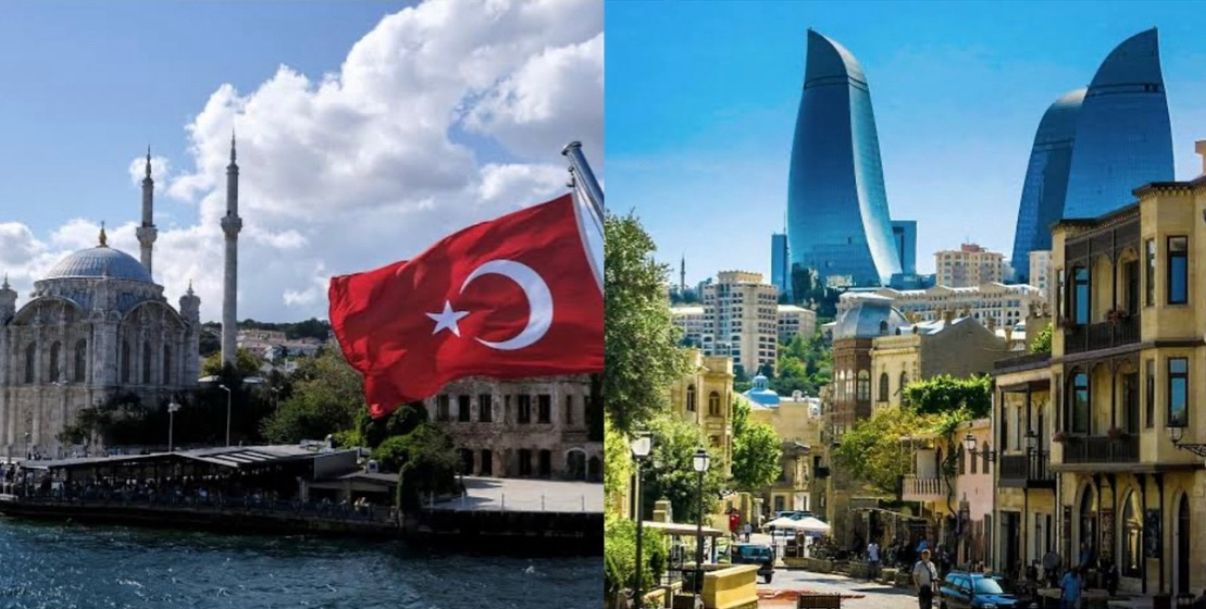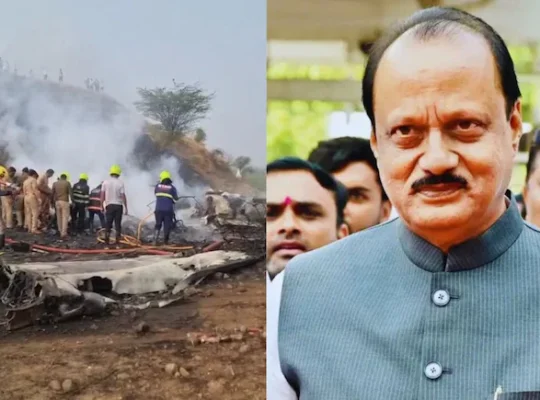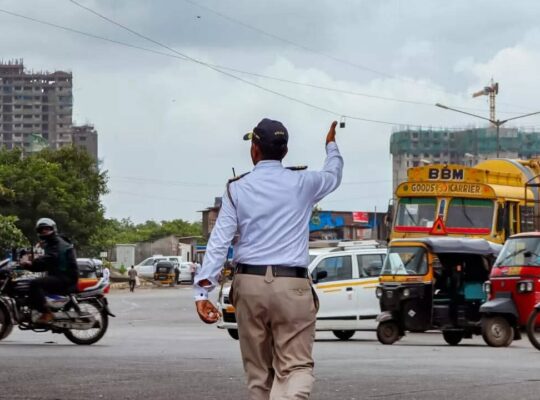For many Indian travellers, Azerbaijan and Turkey had fast become favourites — thanks to their rich history, stunning architecture, and relatively easy travel access. But shifting geopolitical dynamics are now casting a shadow over holiday plans.
The trigger came in the aftermath of Operation Sindoor — India’s swift military response to the deadly Pahalgam terror attack in Kashmir that claimed 26 innocent lives. As Indian forces targeted terror camps across Pakistan and Pakistan-occupied Kashmir (PoK), both Azerbaijan and Turkey issued public statements backing Pakistan. Azerbaijan’s foreign ministry declared, “We stand in solidarity with the people of Pakistan,” with Turkey echoing similar sentiments shortly after.
The reactions didn’t go unnoticed in India. Soon, hashtags like #BoycottAzerbaijan and #BoycottTurkey began trending across social media. Many Indian travellers cancelled upcoming trips and urged others to rethink their holiday plans, arguing that it made little sense to support nations that openly backed India’s adversaries.
Tourism Takes a Hit
The backlash could significantly disrupt a rising tourism trend. Turkey had welcomed around 2,70,000 Indian tourists in 2024 and was eyeing 3,50,000 visitors in 2025 — a projected growth of over 20%. But those numbers are now in jeopardy.
Several players in India’s travel ecosystem have already taken action. Goa Villas, a homestay firm, announced it had severed ties with Turkish Airlines and would no longer host Turkish guests. Travel booking giant EaseMyTrip advised users to avoid Turkey and Azerbaijan, citing diplomatic and security concerns. Holiday platform Pickyourtrail also paused bookings to both countries as a symbolic protest.
“There’s genuine concern among our clients,” said Loretta Nadar, founder of Made in Banaras, who cancelled a group tour to Azerbaijan and Turkey. “We refunded all bookings and stopped working with regional agents.”
Karan Agarwal, Director at Cox & Kings, echoed the sentiment: “Given the current developments, we are pausing all new travel offerings to Azerbaijan, Uzbekistan, and Turkey. We encourage Indian travellers to avoid non-essential travel to these destinations until there’s greater alignment with national interests.”
Voices of Caution and Calm
Not everyone in the industry agrees with the blanket boycott. PK Gupta of Soul Voyage called it a “temporary phase,” adding, “Tourists will ultimately choose where they want to go. Our role is to facilitate, not police travel.”
Meanwhile, some Indian travellers currently vacationing in Turkey report no visible hostility. “We’ve been completely safe and the locals have been welcoming,” said Pratishtha Kaura, an Indian tourist on holiday in Istanbul.
Whether this boycott will be short-lived or lead to a long-term shift in travel trends remains to be seen. But one thing is clear: for now, geopolitics has found a new frontier — the Indian holiday calendar.











